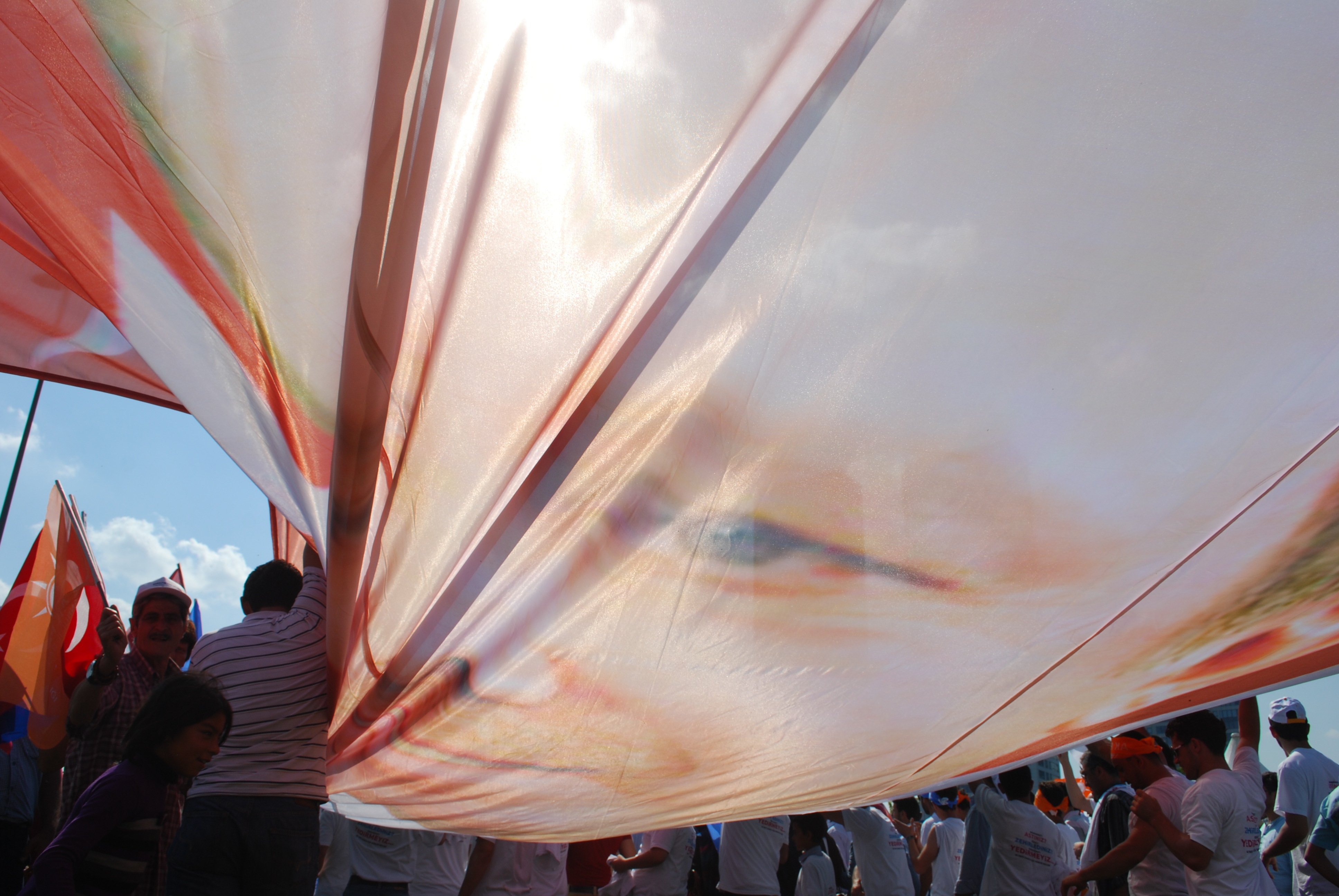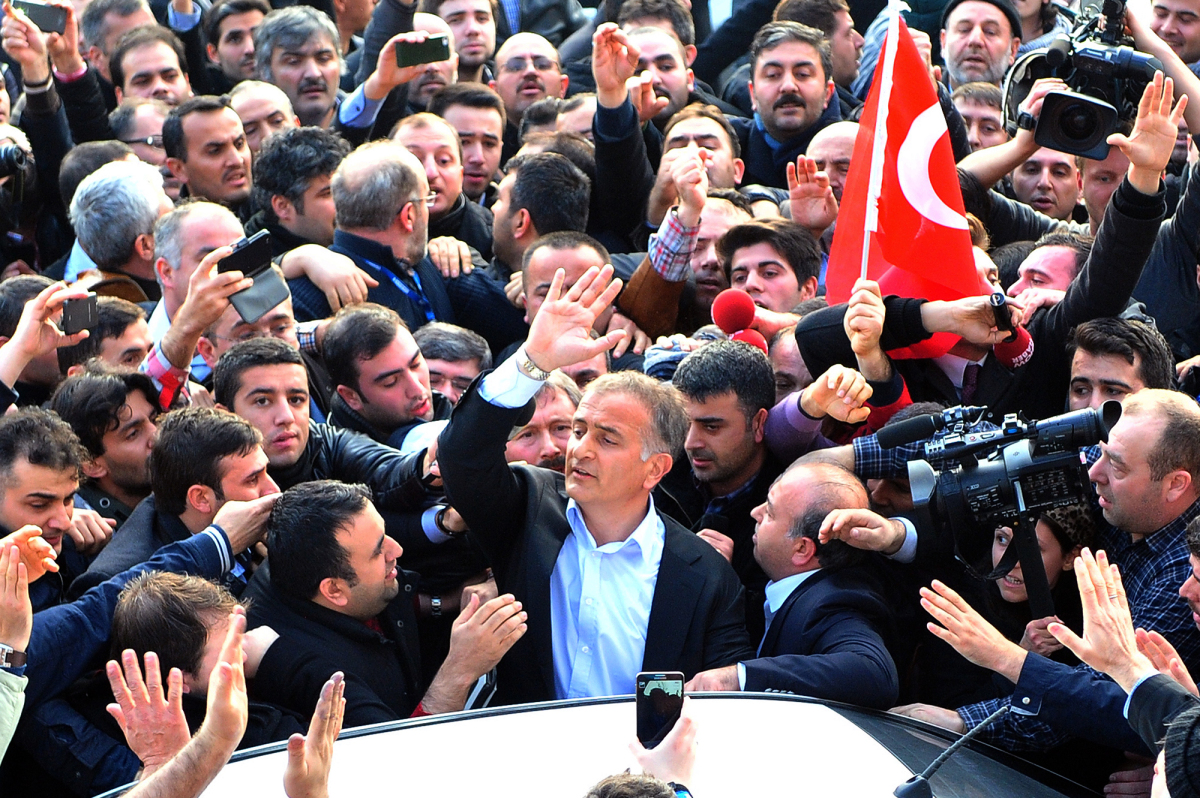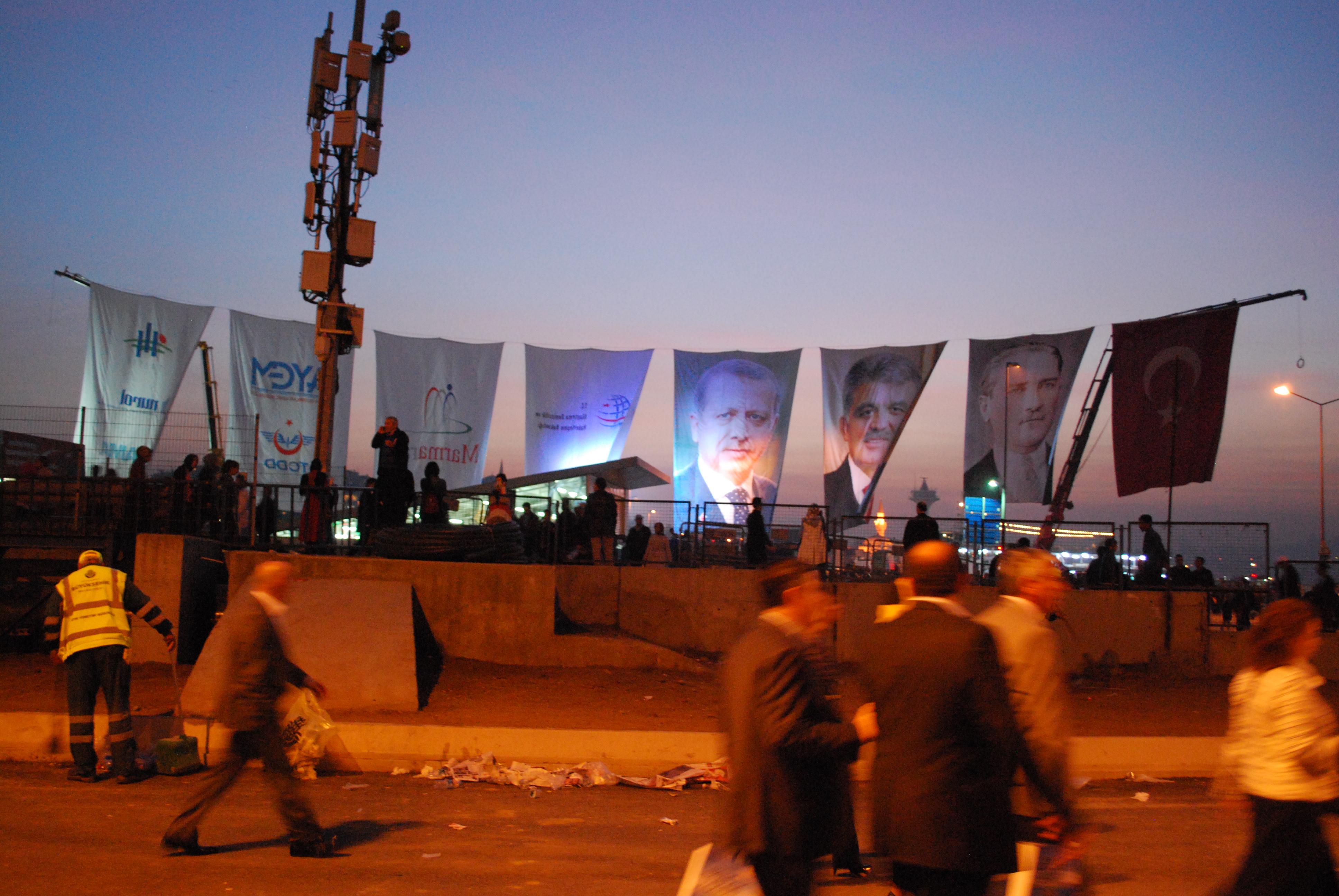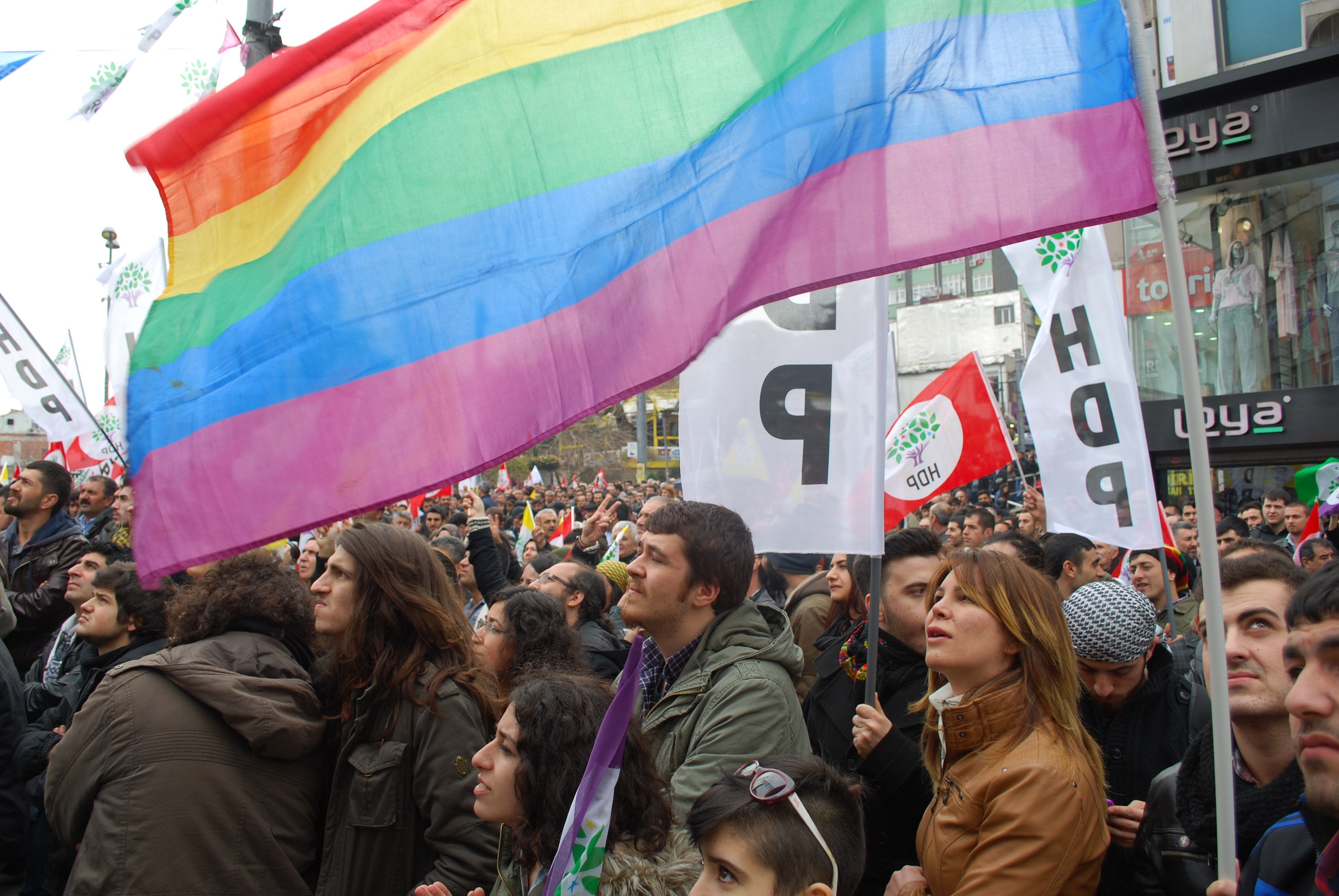
Last May, 50 environmentalists met in Istanbul's Gezi Park to save it from demolition. The group had long protested the rampant urban development that is the vision of Prime Minister Recep Tayyip Erdogan, with little progress. But when riot police brutally dispersed the protest, thousands joined in and the world took notice. What began as a peaceful sit-in ended with countrywide protests and, months later, they haven't stopped.
The protests were revelatory, and seemed to both awaken Turkey's dormant opposition and add people of disparate backgrounds and ideologies. Kurds marched with Kemalists, Muslims with Atheists. Gezi Park became a fair of causes; each tent was adorned with the flag of an organization looking to gain ground.
Soon, the 50 environmentalists became a speck in the crowd of their own making, and even they were shocked by the scope and fervor. But with issues like freedom of expression, police brutality, and Erdogan's authoritarianism in the spotlight, it was clear that the so-called "Turkish model" has been broken for some time. After deaths and arrests, with elections looming and protests beginning again, the questions remain: What else is Turkey hiding? Is Erdogan losing support? Will a unified, progressive opposition emerge from months of protests? What will become of the protester charged with terrorism, the prostitute who camped in Gezi, the young Erdogan supporter, or the ambivalent state news reporter?
The protests in Turkey have exposed vital issues. Will they lead to progress, or more repression?











